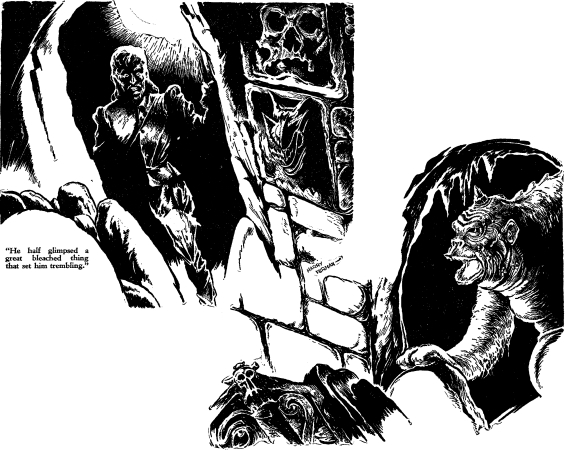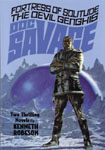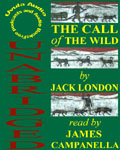

 The SFFaudio Podcast #296 – The Mound by H.P. Lovecraft and Zealia Bishop; read by Jim Campanella (from Uvula Audio). This is an unabridged reading of the story (3 hours 18 minutes) followed by a discussion of it. Participants in the discussion include Jesse, John Feaster, and Jim Campanella.
The SFFaudio Podcast #296 – The Mound by H.P. Lovecraft and Zealia Bishop; read by Jim Campanella (from Uvula Audio). This is an unabridged reading of the story (3 hours 18 minutes) followed by a discussion of it. Participants in the discussion include Jesse, John Feaster, and Jim Campanella.
Talked about on today’s show:
The least interesting part, the headless ghost that is sometimes is a woman, why isn’t this story better known, a bait and switch, an Edgar Rice Burroughs pastiche written by H.P. Lovecraft, getting the girl, A Strange Manuscript Found In A Cthulhu Cylinder, Ms. Found In A Bottle, The Curse Of Yig, the unnamed ethnologist, Quetzalcoatl, slithering like a man, The Mountains Of Madness, The Horror In The Museum, the original version, the Bishops of Dunwich, aggressively biblical, strange lost societies, The Whisperer In Darkness, the underworld, Grey Owl, Grey Eagle, unabridged and (not unedited), a Cthulhu coin, a science fiction story, atomic power, materialize objects, body sculpting, Robert E. Howard, Zamacona, Cibola, a city of gold, inured to torture, a magnetic star metal, Xibalba (Mayan Hell), Mayans Incas Aztecs, The H.P. Lovecraft Literary Podcast, a forerunner to Brave New World, cannibalism, unicorn cattle, our world in their Hell, The Hound, sooo decadent, corpse hunters, a cartoon of evil, proto-emo-goths, are they interested in Zamacona, oooh he’s a savage!, morals are lost by boredom, civilization decays to barbarism, Red Nails by Robert E. Howard, The Red One by Jack London, disturbing culture, romances, disintegrating penises, lost worlds, he doesn’t do ghosts, all of the problems, headless and alive, convoluted, very Star Treky, a headless zombie, a secret history to this story, black flesh dissolving slime, The Festival, Indian skulls, the original headless ghost, headlessness is not a thing, The Legend Of Sleepy Hollow by Washington Irving, strange shaped skulls, conquistadors gotta conquista, they could completely destroy us, the Roman aqueducts, bad medicine, Chief Sitting Bull, “Yes, no, and you bet”, B.C.’s native languages, water in BC is “chuck”, ocean is “salt chuck”, trading languages, ghost hunters and treasure hunters, dowsing doodlebugs, these are not barrows, this is a butte, Tikal (Guatemala), Teotihuacan (Mexico), Star Wars, parking your X-Wings, strange carvings on sandstone, Jack London’s The Red One, 1918, Charles Fort, 1919, Cahokia, plowed under, a cursed Pizza Hut, chocolate, potatoes, tomatoes and syphilis, Woodhenge, totem-poles, why we always talk about Romans (because we have books written by them), the Incan writing system (knots), cuneiform, we’ve got to get more styluses.


Posted by Jesse Willis






